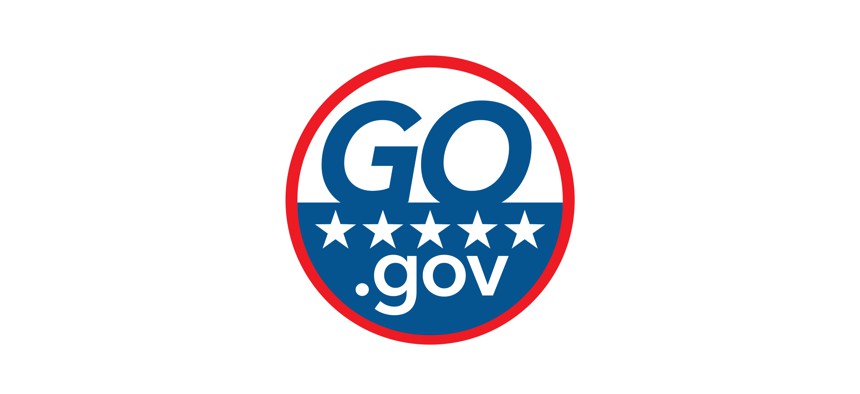
When GSA awarded the contract, the agency said it expected the new system to cover at least 124 civilian agencies and at least 1 million employees annually who travel for work. General Services Administration
GSA announces centralized travel service ‘GO.Gov’
Go.Gov will replace individual agency travel management systems and act as a shared service across the government.
The General Services Administration on Tuesday announced a rebrand for its new centralized travel service program that will soon be used by all federal civilian agencies for travel booking, expenses and reporting when it goes live later this year: GO.Gov.
GO.Gov is a new name for the E-Gov Travel Service, Next Generation, or ETS-Next. GSA awarded IBM a 15-year contract valued at up to $930 million in November 2024 to build and develop the travel and expense shared service for all civilian agencies.
While GO.Gov rolls off the tongue a little easier, its government-negotiated discounts through GSA’s OneGov initiative could generate some very significant savings: up to $131 million in related travel savings annually and nearly $2 billion in administrative efficiencies over the duration of the contract, the agency estimates.
“Common systems are an industry best practice and are proven to drive efficiency, promote compliance, and establish uniform processes across agencies,” Federal Acquisition Service Commissioner Josh Gruenbaum said in a statement. “As part of GSA’s OneGov strategy, GO.gov will allow all agencies to accomplish more while spending less, improve performance, provide a better customer experience, and reduce administrative burdens.”
According to GSA, all civilian agencies jointly agreed on requirements “and will onboard onto one shared, standardized common system,” which will generate additional taxpayer savings as agencies cease duplicative internal efforts. In addition, GSA expects the shared service to provide civilian federal employees with a simplified, “intuitive experience for booking federal travel and better access to commercially available features like charge card integration and a mobile interface.”
When GSA awarded the contract, the agency said it expected the new system to cover at least 124 civilian agencies and at least 1 million employees annually who travel for work. GO.gov will roll out to agencies in phases, beginning with early adopters in November 2025, according to its new website.
“There is little value in civilian agencies maintaining independent travel management systems. GO.gov is a prime example of how GSA continues to keep front and center the importance of being good stewards of taxpayers dollars," GSA Deputy Administrator Stephen Ehikian said in a statement. "GO.gov is a common-sense solution that will relieve agencies of the burden of travel management, helping them be as effective and efficient as possible.”
IBM is the latest company to strike a deal with GSA through its OneGov initiative, which uses the buying power of the entire federal government to drive down costs for goods and services. Other companies working through OneGov so far include Google, Adobe, Salesforce, Elastic, Oracle and, most recently, Uber, which will similarly look to reduce federal travel costs and modernize that experience for federal employees.
“GO.gov marks a major step forward in how the federal government manages travel and expenses,” said Susan Wedge, Managing Partner, U.S. Federal Market for IBM. “IBM is proud to partner with GSA to bring this proven shared services model to civilian agencies — helping to enable smarter service delivery, better use of taxpayer dollars, and a foundation for transformative change across the federal enterprise.”







